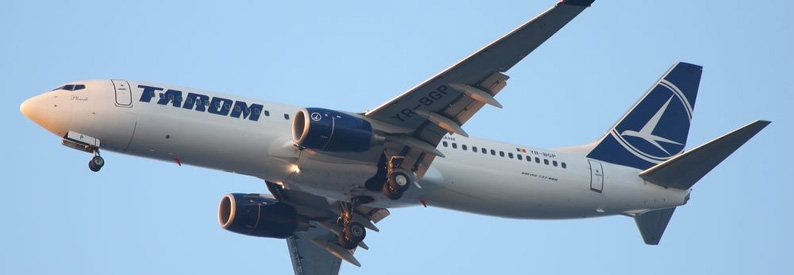Romania’s Tarom to downsize but renew fleet – minister

As part of its restructuring plan for Tarom (RO, Bucharest Otopeni), Romania’s government aims to reduce the size and diversity of its fleet, but also to renew it, alongside ongoing staff reductions, the country’s minister of transport, Cătălin Drulă, declared on the Romanian news television channel Digi24 on the evening of March 29. “According to the restructuring plan, Tarom should break even in 2025,” he said, referring to the EUR19.33 million euro (USD22.7 million) aid package provided to the flag carrier in October 2020 and a further RON924 leu million (USD220 million) in state funds needed to help finance the proposed five-year restructuring scheme. “Tarom received rescue aid last year. That aid should either be returned, or it can be turned into restructuring aid. There is intense work on a restructuring plan, in writing but also in fact. The plan involves the uniformisation of the fleet […] to about three-quarters of the current size and a reduction in personnel,” Drulă said. He said that the arrival of five new B737-8s the airline had ordered before the Covid-19 outbreak – and the sale of older aircraft during 2021 – would help to streamline personnel costs, as “there will be only two types of aircraft, Boeing and Avions de Transport Régional, which greatly reduces costs with modern aircraft. Under this plan, Tarom should return to profitability in 2024-2025,” the minister explained. According to the ch-aviation fleets advanced module, Tarom currently operates a fleet of 29 aircraft, 21 of which are owned and eight leased, including four A318-100s (average age 13.9 years), seven ATR42-500s (average age 22.6 years), two ATR72-500s (average age 12.0 years), four ATR72-600s (average age 1.3 years), four B737-300s (average age 27.0 years), four B737-700s (average age 18.7 years), and four B737-800s (average age 5.8 years). “You know that Tarom had twice the number of staff compared to a company of similar size. About 300-400 people have already left voluntarily; others are in final evaluations,” Drulă said. “The restructuring aid must be approved by the European Commission. This will be a big step, which if we pass, with professional management and the correct structure, it can become an efficient company.”
